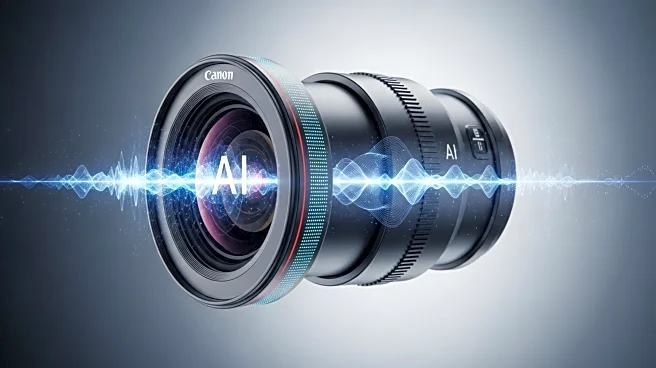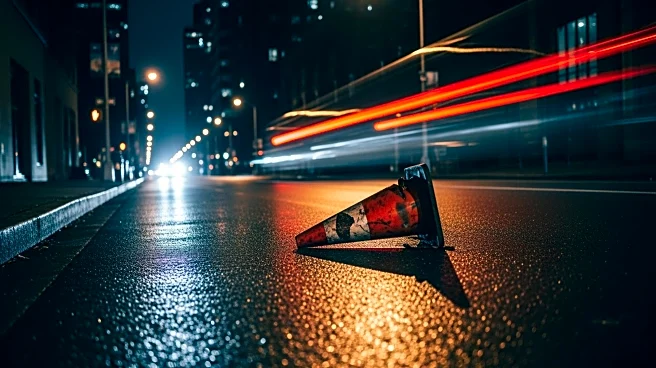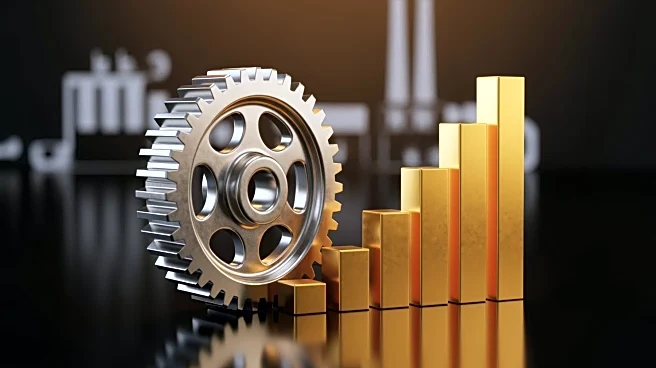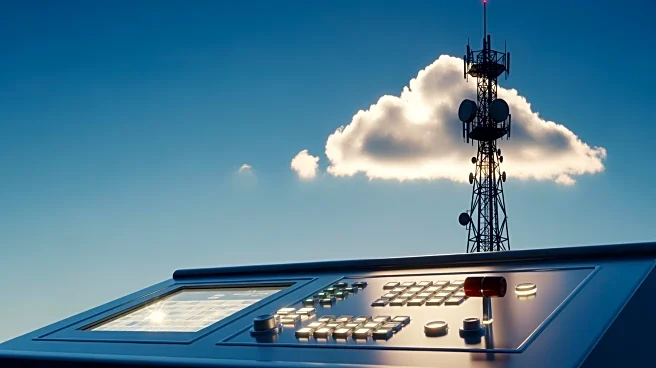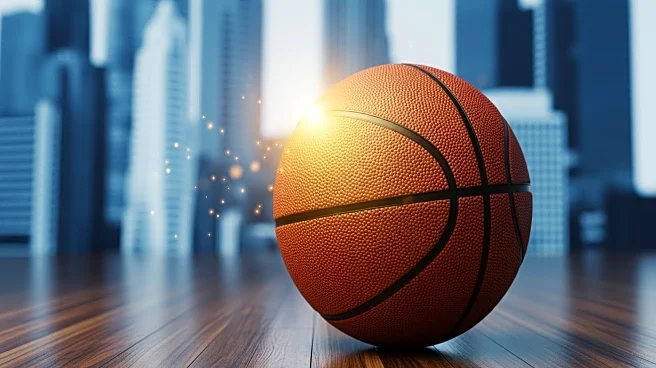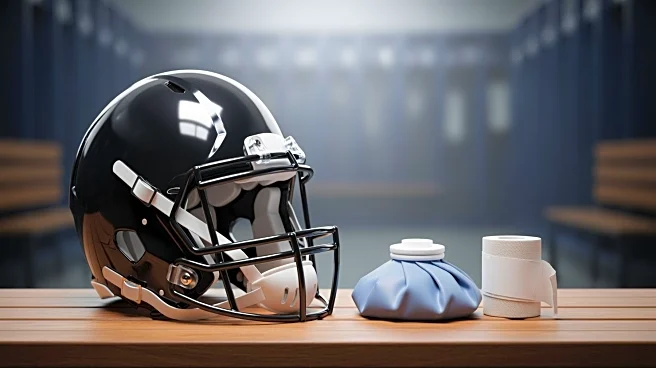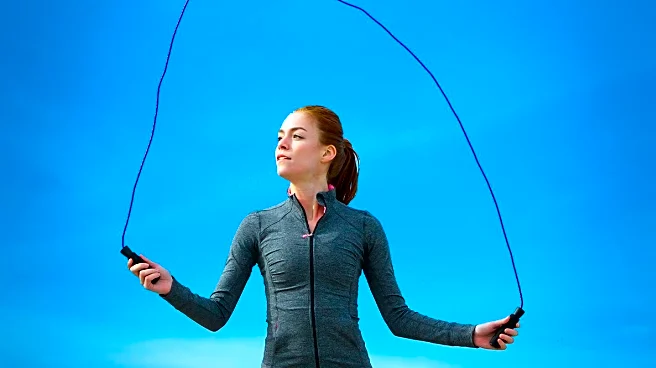What's Happening?
OpenAI has launched the Sora 2 app, which allows users to create AI-generated videos featuring popular characters like Mario and Pikachu. The app has quickly gained attention for its ability to place these characters in various scenarios, such as Pikachu in 'Saving Private Ryan'. OpenAI has begun discussions with intellectual property owners to address potential legal issues, offering them the option to opt out of having their characters used in the app. The legal implications of using protected materials for AI training and output remain uncertain.
Why It's Important?
The launch of Sora 2 raises significant questions about intellectual property rights in the age of AI. The app's ability to generate content featuring well-known characters could lead to legal challenges from companies like Nintendo and The Pokémon Company. This situation highlights the tension between technological innovation and existing legal frameworks, which may need to evolve to address new challenges posed by AI. The outcome of these discussions could set important precedents for the use of AI in creative industries.
What's Next?
OpenAI's discussions with intellectual property owners will likely continue as they seek to navigate the legal landscape. The response from companies like Nintendo and The Pokémon Company will be crucial in determining the app's future. Additionally, the legal community will be closely watching how these issues are resolved, as they could influence future regulations and guidelines for AI-generated content.
Beyond the Headlines
The Sora 2 app's capabilities also raise ethical questions about the use of AI in creative processes. The potential for AI to replicate and transform existing content challenges traditional notions of authorship and creativity. As AI technology continues to advance, society will need to consider how to balance innovation with respect for intellectual property rights.
